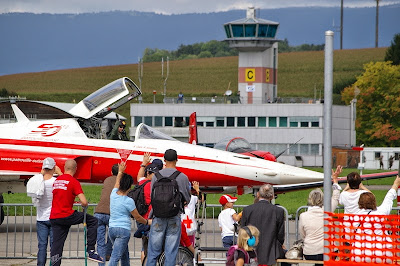 This gets my goat.
This gets my goat.An article explaining that an Indian tribe no longer practise head-hunting (which is presumably a good thing).
Later on, it then says "With the invasion of Christianity, many of the tribe’s traditional practices, (...) have nearly disappeared".
Note the use of the word 'invasion', and that they don't then make any link with the most dramatic traditional practice - which was the head-hunting (one assumes). However, they do take the time to observe that the "practice of wearing colourful beaded jewellery is also declining".
Shock, horror.
This myth of the noble savage being 'denatured' by horrible colonialist missionaries importing a foreign religion really gets up my nose.
A brief internet search throws up some alternative takes:
"You should see the people ... there is much sickness, they have no education. They are always afraid, even of each other, because of head-hunting raids. Their chiefs are cruel, demanding tribute from all the villagers. Above all, they live in constant dread of their priests. Many of the villagers are completely naked; they suffer from cold and hunger." [From Head-Hunters to Church Planters]
"Longri Ao (1906–1981), (...) was an indigenenous missionary from the North-Eastern state of India, Nagaland. (...) He is known to have risked his life to restore peace in Nagaland" [Wikipedia]
"As the tribespeople adopted Christianity, they began to develop more of a "Naga" identity, a radical departure from their distinctions based on warring tribal village" [Wikipedia]
"Headhunting has been eradicated since conversion to Christianity and the spread of modern education in the region" [Wikipedia]



 Elle s'appelle Alisan Porter, et a 33 ans maintenant.
Elle s'appelle Alisan Porter, et a 33 ans maintenant.
















